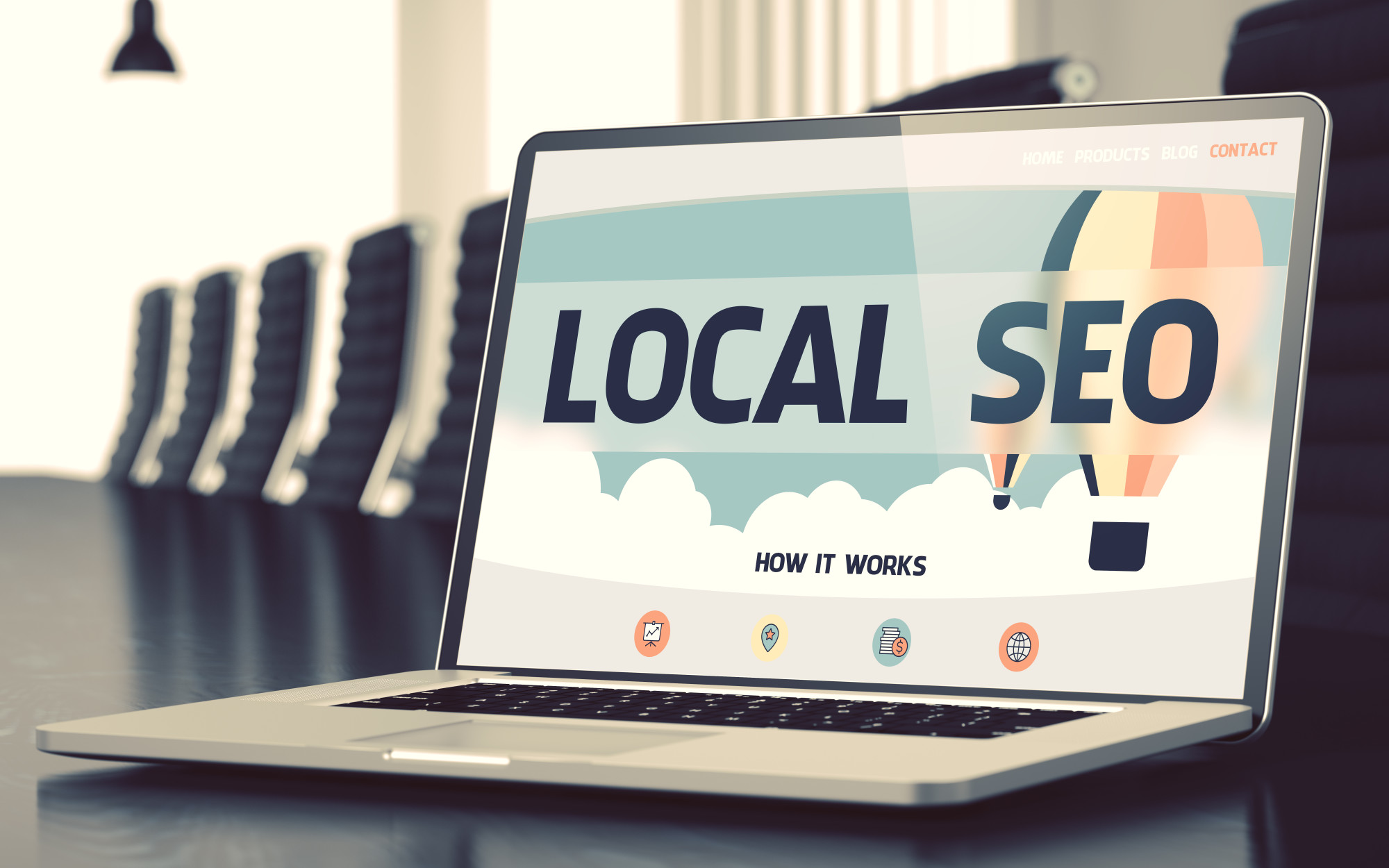Link building is essential for getting the most out of your site. Still, there’s lots of confusion and misinformation there about the subject. It is estimated that 85% of SEO experts and marketers think that link building has a significant influence on your brand’s authority and the development of a brand.
Suppose you are not in the know about link building. In that case, it is easy to harm your online reputation, or worse, you could be penalized by Google for purchasing backlinks for SEO in the wrong manner.
Simply put, high-quality backlink building from high-quality sites is one of the top-ranking factors. We’re here to help you discover how to handle link building correctly so your business succeeds.
Let’s take some time to clarify some of those blurred lines. Below we’ve broken down some of the most important things to be aware of before buying backlinks for SEO.
Let’s begin!
Do I Really Need Backlinks?
When we meet new clients, they usually ask: do I really need backlink profiles? In short, yes.
Backlinks are not a secret. Many clients have heard of backlinks; they aren’t aware of what they could do to their websites. If you’re not involved in SEO and web development, you might not know the full scope of the potential of backlinks.
We can be certain that backlinks are a major factor in how websites are graded. Even though Google doesn’t reveal the algorithm it uses, Google always emphasizes backlinks regarding ranking.
This has been proved repeatedly, and studies carried out by major sites such as Ahrefs remain focused on the value of backlinks.
Here is an easy way to think of backlinks. Google’s function is to rank authoritative websites, and every backlink is a vote for the website. The more backlinks you earn, the more votes you’ll get to prove you’re a reliable source.
In the end, this will make you higher in Google’s search results.
Suppose you’re looking to be ranked on Google, especially in comparison to large companies. In that case, you cannot achieve this without backlinks.
The three hats backlinks wear and what they mean.
Backlinks are a gold mine and have been since the inception of Google. In the long run, as long as backlinks play a major part in rankings, there will be buyers and sellers looking to buy and sell.
SEO and backlink building can become very competitive; some businesses are forced to resort to illegal strategies to get ahead of their competitors. Although this strategy may be beneficial in the short run, Google will eventually catch the trend, and your business is likely to suffer as a result.
This is the perfect moment to look at the various hats that backlinks wear and what they signify:
- White-hat links
- Grey-hat links
- Black-hat links
Let me be frank here; black-hat links are trouble, and buying these links is extremely risky for your site or company. They are not only harmful to businesses and websites, but Google’s algorithm will recognize and flag them.
Black-hat link building is a negative SEO technique that unscrupulous backlink providers employ to improve websites’ rankings illegally. Black-hat link building techniques are used to increase traffic by using Google’s loopholes. This traffic is often short lived.
This allows websites to be more prominent than organic SEO campaigns. Search engines like Google are well aware of these techniques and could punish websites for using black-hat links.
Grey-hat link building strategies are ones that mix black-hat and white-hat SEO. A grey-hat SEO isn’t as risky as black-hat links, but it’s nonetheless a risky option.
Grey-hat SEO is a technique that exploits search engines’ guidelines to boost the ranking of a website. Grey-hat SEO strategies are black-hat SEO techniques that appear clean and legal.
You might be wondering if purchasing links is legal in any way. Yes! They are. White-hat SEO links have been certified as SEO techniques designed to boost a website’s rank on the SERP in a legal manner.
Search engine results that result from approved methods rather than black-hat methods are simply considered organic search results rather than loophole exploits.
Will you get penalized for buying links for SEO?
Our clientele has had horror stories of other companies purchasing tons of links, only to be punished by Google. They wonder if they’ll also be penalized as well for link building.
It is generally accepted that Google will only punish websites that do link building which is not natural. This includes things like Private Blog Networks (PBNs) and gaining backlinks at a ridiculously fast speed.
It is also advisable to avoid low-quality, spammy links. It is recommended to get quality backlinks from reputable sources. Also, increase your understanding of link schemes and Google’s guidelines for backlinks to ensure you’re not at risk of being punished. Check that your links are valid and of high quality.
As an example, suppose you receive a few backlinks in a month that seems natural. However, if you’re able to get hundreds of backlinks that come from a suspicious source within one day, they’ll know there’s something wrong, and you’ll be punished.
Another element of building links and not being penalized is to make sure anchor texts are natural. What are anchor texts? These are groups of words hyperlinked on a website.
We’ve boiled it down to three kinds of anchor text:
- Exact match anchors
- Keywords mixed into anchors
- Brands or natural anchors
A small portion of anchor text should be an exact match. In reality, an Ahrefs study suggests that exact match anchor text backlinks are not more effective in boosting rankings than anchors with a non-exact match text.
Too often, people attempt to incorporate every one of their “money” keywords in the anchor text and their link positions, believing that it will lead to better rankings. Here is the problem. If you overdo it, Google will notice and punish you.
We suggest that customers focus on using a range of anchor texts that are different and natural, such as “click here to learn more” or even your brand’s name.
If you make sure that your website looks natural, you’ll be able to stay clear of Google penalties.
What are the Pros and Cons of Buying Backlinks
When we speak about paid link building or other types of content marketing, the main query we get is Google declares that the exchange of cash for posts or links with links is not permitted under their Terms of Service, so do I need to buy backlinks?
Suppose you’re buying links correctly by partnering with the right companies with an excellent reputation. In that case, you’re not breaking Google’s rules. Thus, buying links can increase your website’s organic traffic and aid in ranking on SERPs.
In that regard, let us provide you with some advantages and disadvantages of buying links to help you figure out what’s best for your business and you:
Pros of buying backlinks for SEO
Some pros include increased website traffic as referral traffic from bought links as long as they are relevant and high-authority. As we’ve stated in the past, it’s important to purchase backlinks only from reliable link-building services such as Snap SEO, which only uses white-hat links and follows the best practices for backlinks. That will ensure you are not penalized and could also help you save much time when it comes to reaching out and networking.
Buying backlinks could also improve your ranking for specific keywords already incorporated in your high-quality content. In the event of adding quality links, you will notice a rise in your rankings for various phrases and keywords.
Another upside to link buying is an increase in domain authority and conversions from organic traffic to qualified leads. As a resulting factor, you will increase sales and traffic due to a higher position in SERPs.
Another benefit of buying backlinks is that they require less effort required from you but a greater chance to rank higher than your competitors.
Cons of buying backlinks for SEO
Your budget and the cost of purchasing backlinks could turn into a scam. In reality, The average cost of buying links is USD 352.92. Search engines generally don’t like it when sites buy links; however, if you’re purchasing the right kind of links, like white-hat links, you’ll be fine over the long haul.
Buying backlinks can sometimes give less value than natural link building because you aren’t making the connections with other companies in your niche.
Another disadvantage is that if you intend to learn search engine optimization, you won’t be able to learn anything about Outreach networking (such as communicating with bloggers) and link-building if you purchase every backlink you can get.
If your budget permits you to invest in strategies from SEO experts or freelancers, web admins, or even agencies, this might not be a bad idea for you. Many companies that outsource link-building use about 25 percent of their SEO marketing budgets on link building.
What kind of backlinks should You buy?
You should now have a good understanding of backlinks. You’re likely thinking about what kind is most suitable for your site? There are plenty to choose from, and you don’t want your site to be penalized.
Snap SEO has experimented with a variety of strategies over time. We believe that there are two types of links that will help you in your search the most: foundational links and in-content hyperlinks.
Foundational links are like they sound. They are the basis of your website, and they’re fairly easy to obtain. They’re created through the creation of profiles on social media platforms, creating blog posts, and then adding your company to directories such as Yelp Or Google Business Profile.
These links won’t directly impact your ranking for specific search terms. Still, they’ll demonstrate to Google that you’re a legitimate company and increase your credibility.
In-content links are links to your website that are found in the content of other sites. If, for example, you get mentioned in an article with a link to your website, it’s considered an in-content link.
If you get an in-content link with a generic anchor, Google is likely to be grateful for the way you’ve mentioned and will boost your ranking accordingly.
One of the simplest ways to build links in content is via guest posting. Experts suggest that link-building, content marketing, guest posting, and link exchanges can yield the best SEO results.
To summarise, foundational links are a great way to diversify your link building and establish your website. At the same time, guest posts are great for driving your rankings for very specific keywords and should typically be used for your “money” keywords.
How Do You Begin With Link Building?
Are you ready to start link building? We hope that you’re as enthusiastic as we are.
The most crucial part of creating links is to get started! If you’re not active in building links, your traffic may start declining.
Whatever link-building strategy you choose to start with, your website will grow in authority so long as your site looks natural.
Of course, when buying links, you should be strategic to get the most returns on investments (ROI) if you’ve got a smaller site or are in a less competitive sector. In that case, the foundational links may be less expensive and efficient.
However, suppose you’re competing with larger businesses in terms of more competitive keywords. In that case, it is essential to focus on building quality in-content links. The most effective way to accomplish this is to use guest posts from highly-authority websites.
When should you consider buying backlinks for SEO
Let’s imagine for a second that you’re stuck in a rut with your traffic. It’s at the lowest level it’s ever been, and your content is excellent; however, no one is seeing it.
Let’s say for a second that your calendar is full and you’re hardly able to rest, let alone enough time to reach out to other businesses within your industry.
It is worth buying backlinks if your budget can accommodate it and you don’t wish to do the work yourself.
- How many backlinks do you require?
- Perform a link gap analysis
- Drip rates
- Consider your budget
It’s good to figure out how many backlinks you actually need before you target a keyword. Otherwise, you may try to rank for keywords with such a high search volume that you would need a huge budget to rank for it.
Knowing how many backlinks you may need is a good start, but it isn’t enough. You may also need to know the authority of the websites you need links from, and the way to figure that out is through a link gap analysis.
Review your top 5 competitors, and check the link profile of their competitors. This will allow you to determine guest posts, niche edits and much more.
Drip your dates! If you opt to buy links, you must avoid buying the links in bulk. It’s better to buy links in a random manner rather than in large quantities because it appears natural.
As I’ve said before, backlinks can be purchased at an expensive price. If your budget permits the purchase of several backlinks from a trusted source, you should definitely take advantage of it. It can help you save a lot of hours and time.
You’re now ready to buy Backlinks for SEO
If you’re planning to construct links or buy backlinks to improve your SEO, it is essential to do it the right way. One of the most effective ways to go about it is to let someone with plenty of knowledge review your website and the competition.
Do you need assistance? We’d be happy to talk to you.
Our team has access to the top SEO tools available. With these tools, we’ll be able to examine your site and offer you an individualized plan on the best ways to implement strategies for building links.





